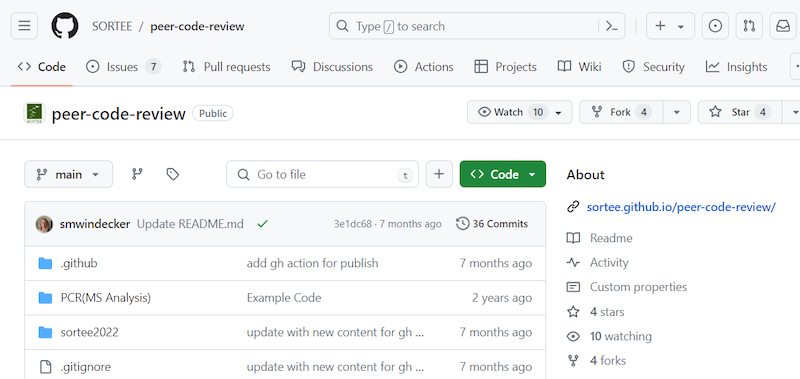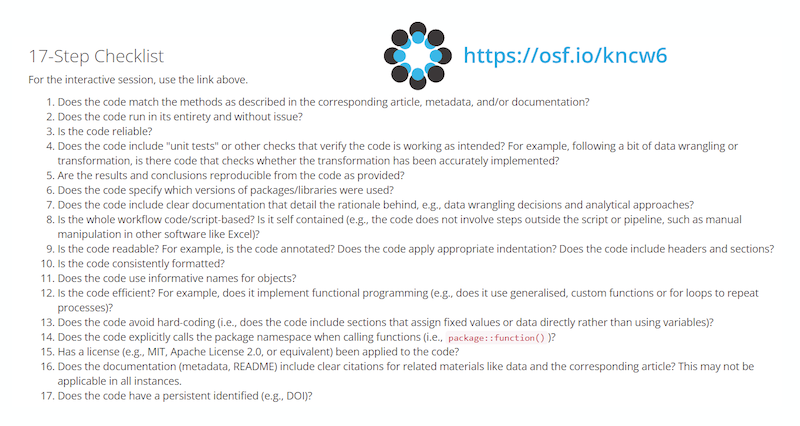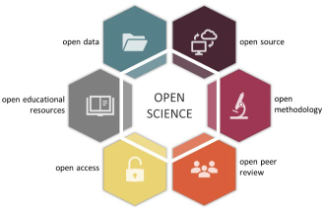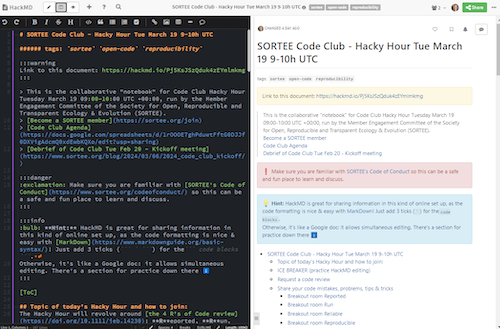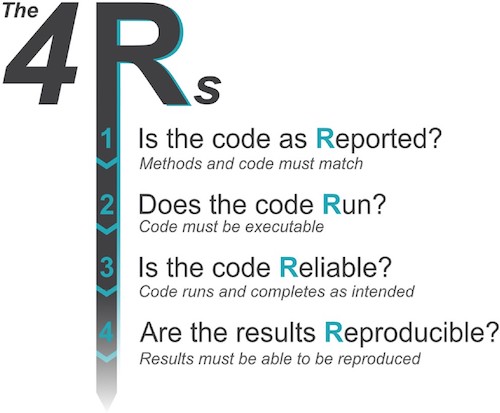“We were unable to reproduce your results, and I think the reason is that there is a bug in how you are calculating your correlation coefficients.”
That was part of an email I got this summer that absolutely crushed me. It doesn’t take much empathy to feel that knot in your stomach and existential dread from imposter syndrome, especially if you are currently a graduate student, post-doc, or another early-career researcher. What happens when you or someone else catches an error post-publication is not something most scientists know, certainly none of my peers or advisors did, but I got to experience the process from a supportive group of colleagues, advisors, and journal editors. I’m not writing this piece to commiserate on the fears, anxieties, and setbacks we have as scientists, nor am I going to belabor the details of the analysis or the justifications/explanations of how I missed the error; I’m writing this because the larger picture of the scientific process, when aided by data transparency, works to make our collective knowledge better.
Continue reading


